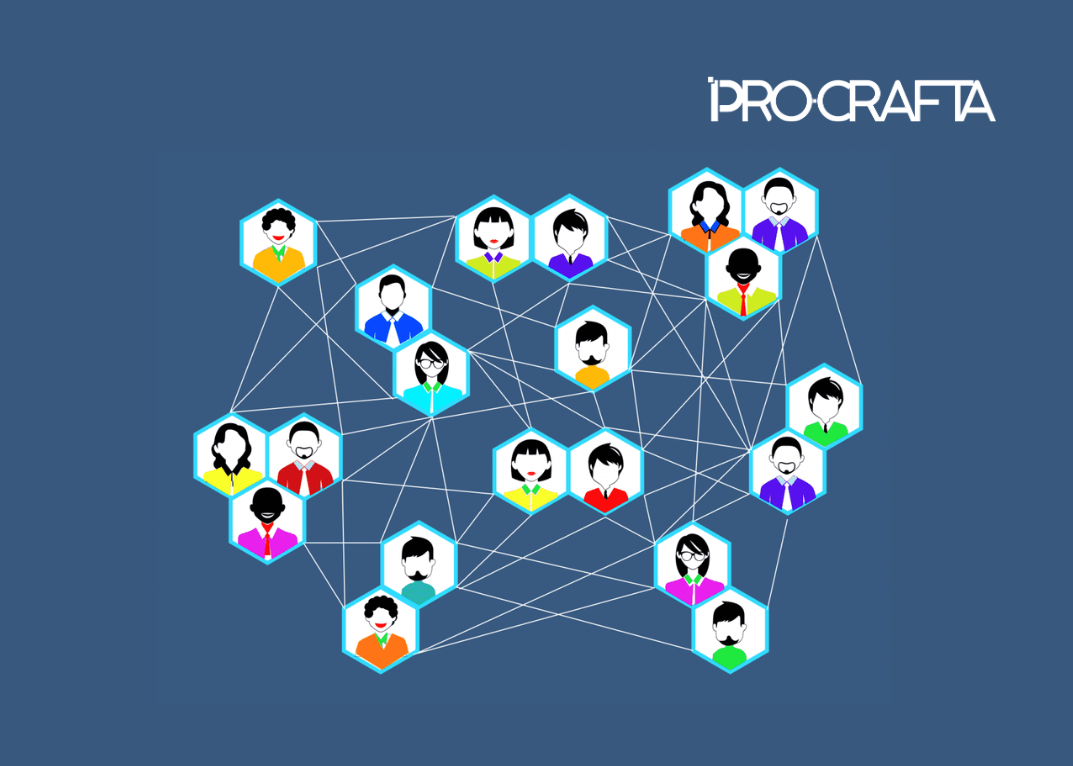Decentralized Autonomous Organization (DAO) - The Future of Transparency, Efficiency and Community

The developing blockchain technologies have opened the door to a new model of organizational governance - decentralized autonomous organizations (DAOs). DAOs are digital communities governed by smart contracts and operating in a decentralized environment. This new type of organizational governance has the potential to revolutionize traditional organizational management by offering greater transparency, efficiency, and community.
The concept of DAO encompasses two closely related aspects. First, a DAO is a specific type of organization that operates in a decentralized environment and is governed by smart contracts. On the other hand, DAO represents a new principle of organizational governance based on decentralization, transparency, and autonomy. Although the legal status of DAOs is not yet clearly defined in many countries, some jurisdictions are already beginning to recognize DAOs as specific legal entities. It is likely that in the future more and more countries will adapt their legal systems to create more favorable conditions for DAO operations.
What is a DAO?
DAOs are autonomous decentralized organizations operating on the basis of blockchain. They are governed by smart contracts - computer algorithms that ensure the execution of rules and agreements without the intervention of intermediaries. DAO members participate in the decision-making process by voting on proposals, and the voting rights depend on the number of tokens held by the organization.
Ensuring Transparency
One of the main advantages of DAOs is transparency. Since all transactions and decisions are recorded on the blockchain, any member can check the organization's activity at any time. This reduces the risk of fraud and corruption, as all decisions are visible and cannot be changed.
Increasing Efficiency
DAOs are also characterized by greater efficiency as decisions are made quickly and without intermediaries. Smart contracts automatically execute agreements, reducing the likelihood of human error and saving time and resources. In addition, the decentralized structure allows the organization to operate 24/7, regardless of geographic location.
Promoting Community
DAOs provide an opportunity to bring together like-minded individuals for a common goal. Members feel more committed to the organization because they have a direct impact on its operations. Tokenization encourages active participation because members have a vested interest in the organization's success. DAOs can also attract talent from various fields as geographical boundaries become irrelevant.
Challenges
Despite the advantages, DAOs also face challenges. One of them is the issue of regulation, as many countries do not yet have clear legal norms regulating such activities. In addition, smart contracts may contain errors or loopholes that can be exploited by malicious actors. The security and privacy of DAOs are also a concern, especially given the volatility of cryptocurrencies.
Another important challenge is the potentially high cost of blockchain technologies and smart contracts. Transaction processing on the blockchain can be expensive, especially when the network is busy. Creating and testing smart contracts also requires specialized skills and can be a time-consuming process. These costs can become a barrier to adopting the DAO model for smaller organizations or those with limited resources. Organizations must carefully evaluate these potential costs and compare them to the anticipated benefits.
Application Possibilities
Despite the challenges, DAOs have a wide range of application possibilities. This can be used for charity, investment, creative projects, or even public sector management. For example, DAOs can be used for transparent allocation and use of funds in charities or for evaluating public procurement. In the investment field, DAOs can allow investors to make joint decisions on the use of funds. Creative projects such as movies or music can be funded and managed on a DAO basis, allowing creators to communicate directly with fans.
Future Perspectives
Although DAOs are still in the early stages of development, they have the potential to become the future model of organizational governance. It is likely that in the future more and more organizations will adopt DAO principles in pursuit of greater transparency, efficiency, and community. However, this will require addressing the challenges of regulation, security, and privacy, as well as increasing public understanding of blockchain technologies.
Decentralized autonomous organizations (DAOs) promise to revolutionize traditional organizational management, offering greater transparency, efficiency, and community. By using blockchain technologies and smart contracts, they can ensure secure, transparent, and efficient decision-making and resource allocation. Although there are still challenges such as regulation and security, the potential of DAOs is enormous in various fields - from charity and public administration to investments and creative projects.
